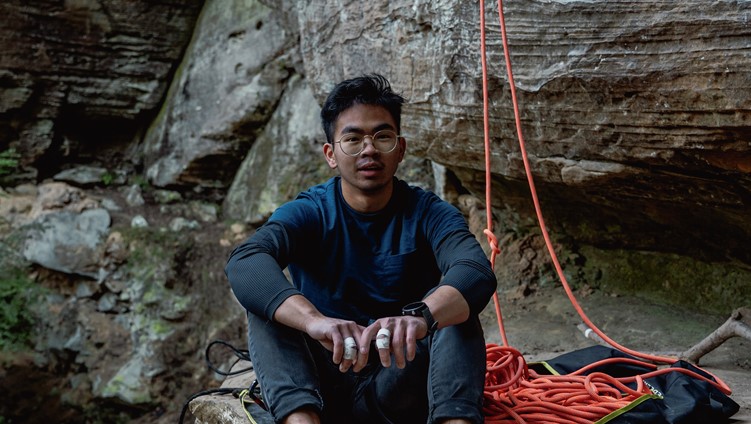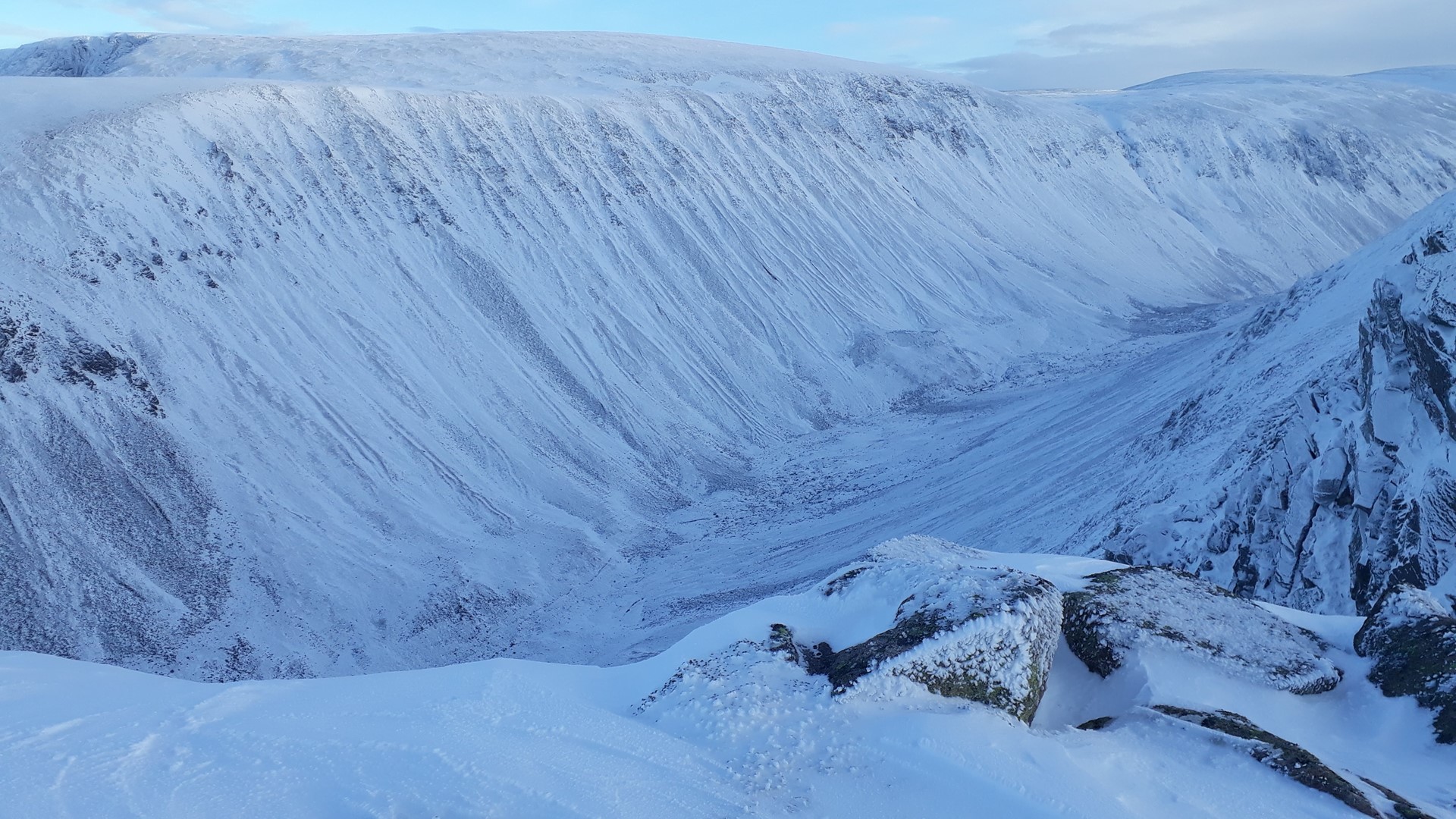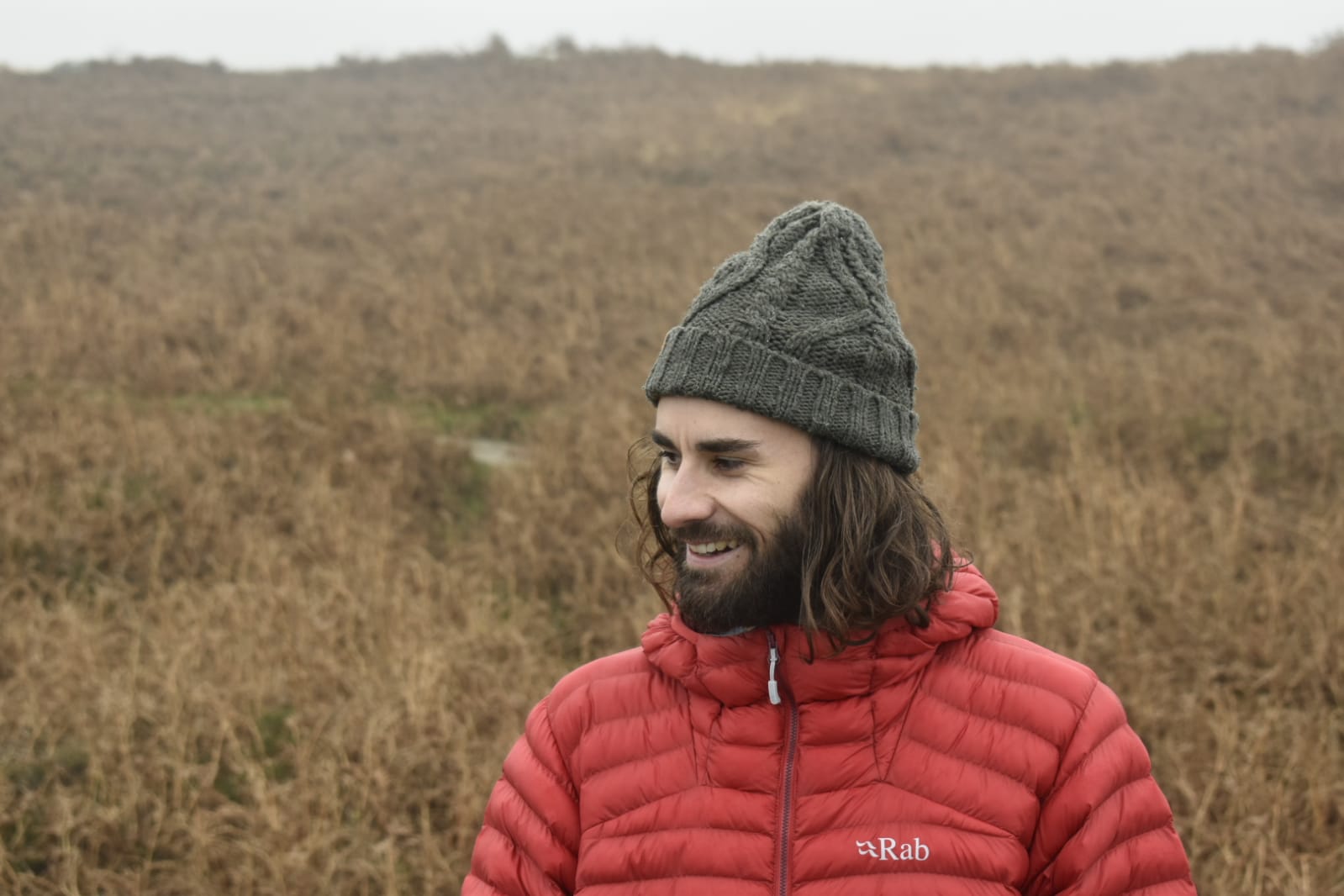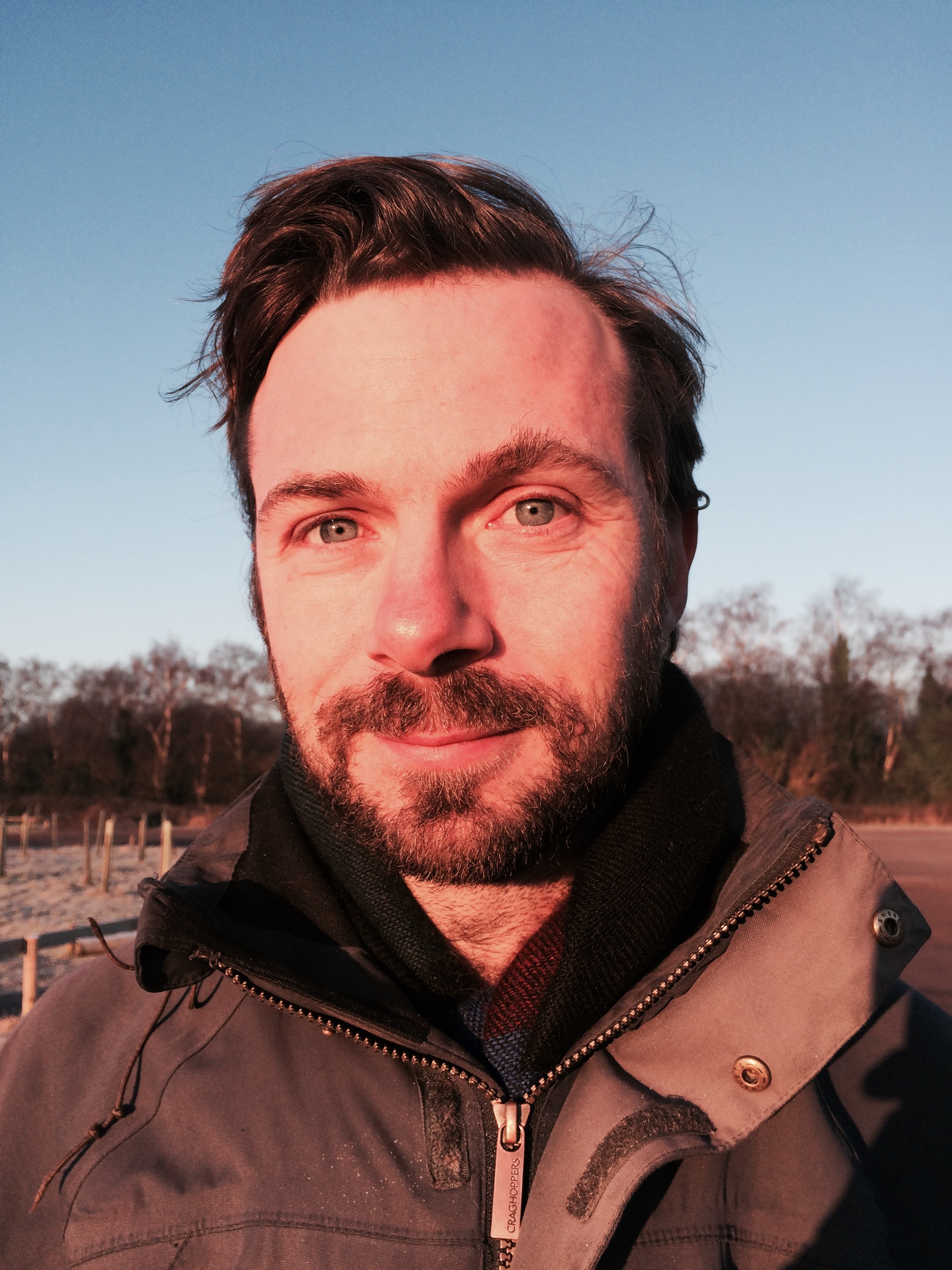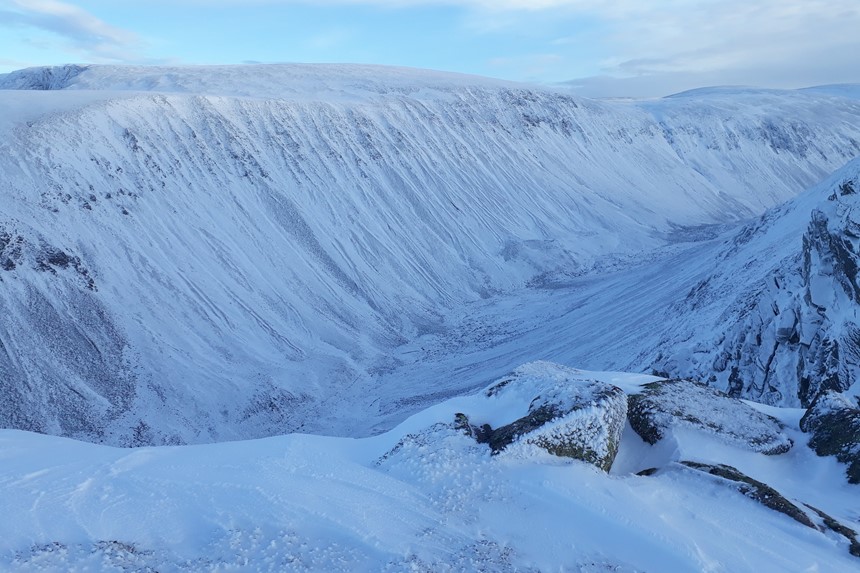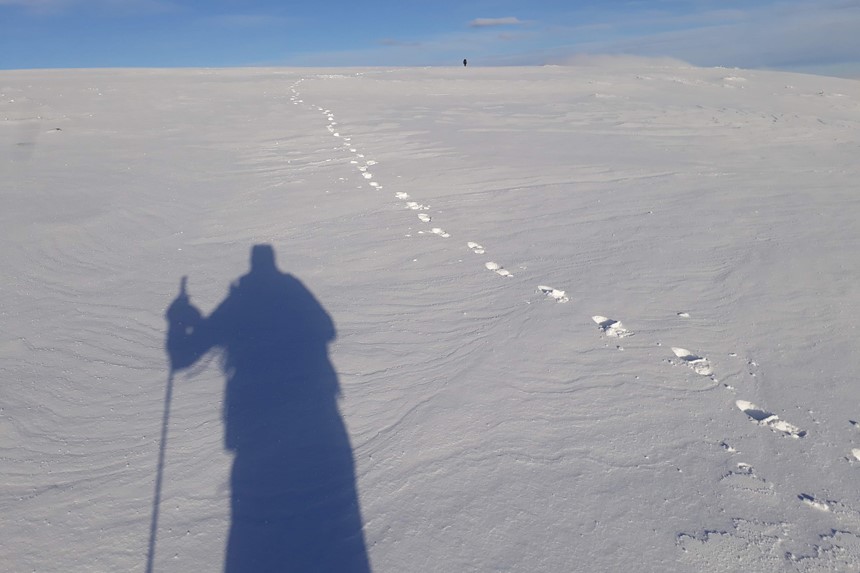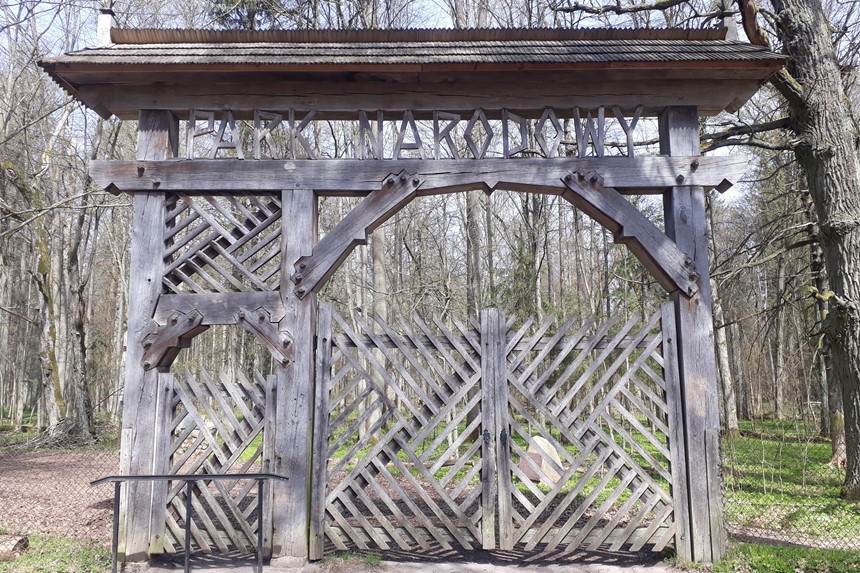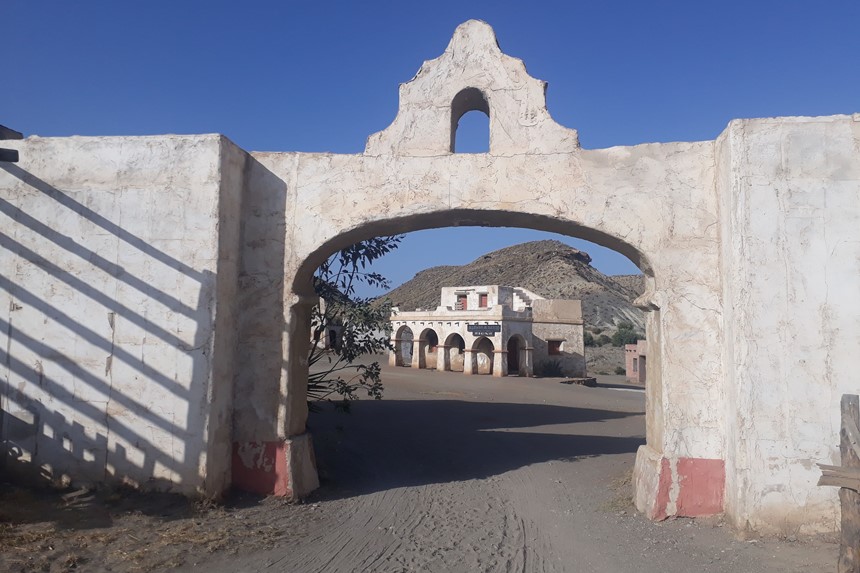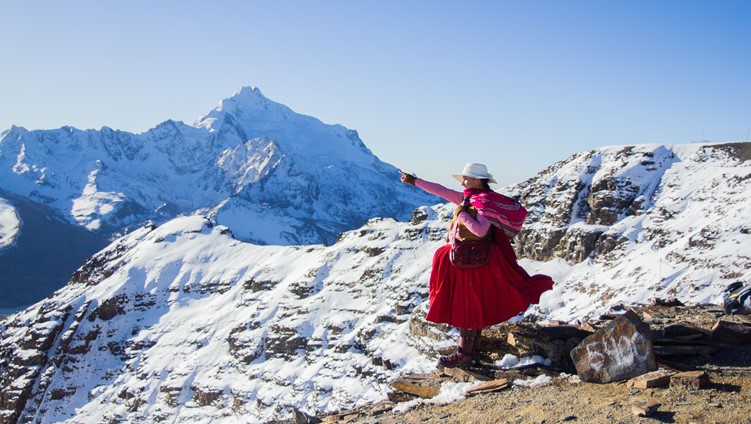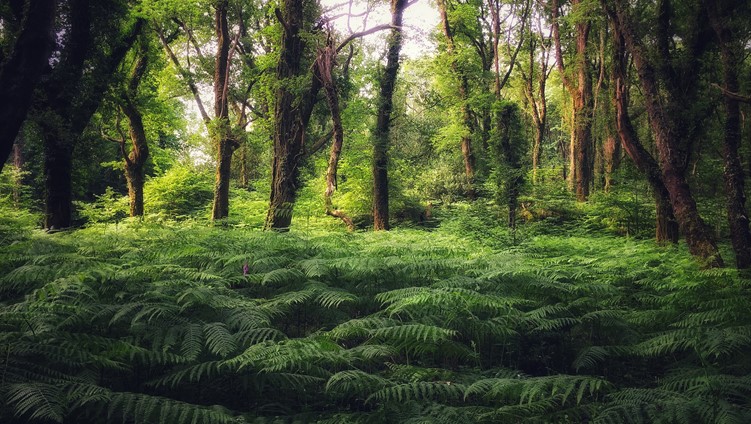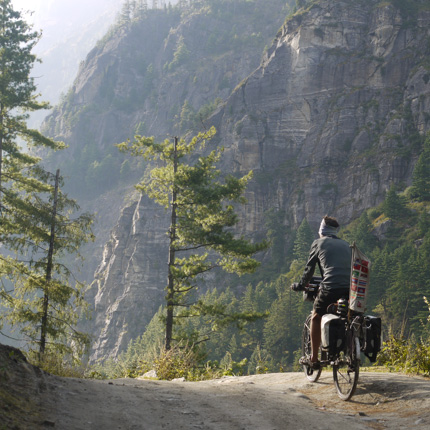Nick Hunt’s latest book, Outlandish, charts four journeys through unlikely European landscapes: The Cairngorms, Białowieża Forest, the Desierto de Tabernas and the Great Hungarian Plain, or Puszta. Mostly using the “investigative tool” of walking, although also by train, bicycle and horse travel, he travels through the ecologies, mythologies, politics and deep histories of four geographic “exclaves”cut adrift in time or space.
These journeys, Nick writes, are “pilgrimages into the imagination.” Awed by the existence of such unfamiliarity so close to home, in every chapter we nonetheless discover, with Nick as our perceptive guide, a darkness hiding beneath that awe. Outlandish is a chronicle of the shifting role wonder plays in the face of looming catastrophe.
Although folkloric beings haunt each landscape - from the Am Fear Liath Mòr, or Big Grey Man, of the Cairngorms, to a figure roughly translated as “Woody” in Białowieża - the real threat comes from more tangible stories.
